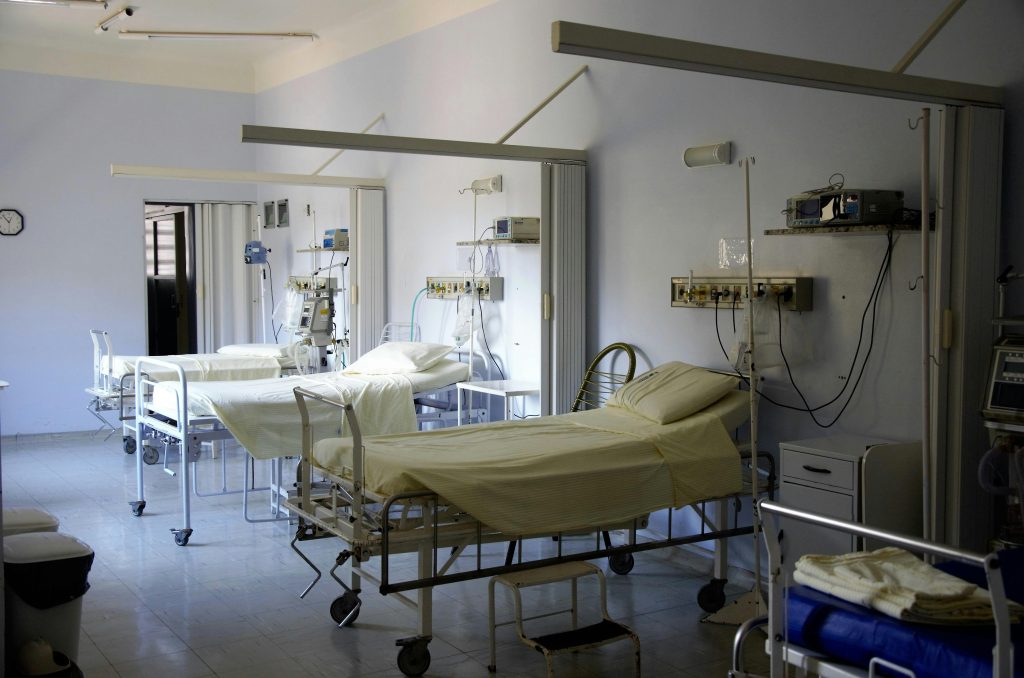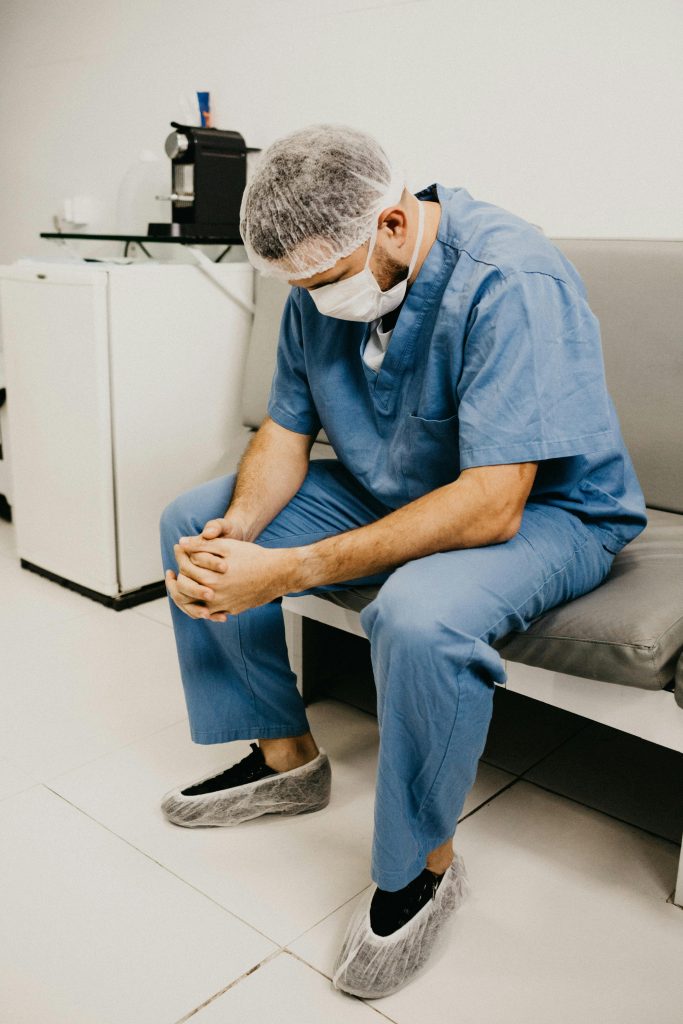 A recent Louisiana Court of Appeal for the Fifth Circuit decision has underscored a crucial procedural point in the state’s legal system: not all judgments are created equal. In Holmes v. Paul, the court dismissed an appeal because the trial court’s judgment, while seemingly resolving the main dispute, left a lingering reconventional demand unaddressed. This seemingly minor detail had significant consequences, highlighting the importance of understanding what constitutes a “final judgment” in Louisiana.
A recent Louisiana Court of Appeal for the Fifth Circuit decision has underscored a crucial procedural point in the state’s legal system: not all judgments are created equal. In Holmes v. Paul, the court dismissed an appeal because the trial court’s judgment, while seemingly resolving the main dispute, left a lingering reconventional demand unaddressed. This seemingly minor detail had significant consequences, highlighting the importance of understanding what constitutes a “final judgment” in Louisiana.
The case stemmed from a real estate deal gone sour. Ms. Holmes sued the Pauls for breach of contract after they canceled a contract to purchase her property. The Pauls countersued (filed a reconventional demand) seeking the return of their deposit. The trial court granted summary judgment in favor of the Pauls, dismissing Ms. Holmes’ claims. However, the judgment was silent on the Pauls’ reconventional demand.
Ms. Holmes appealed, but the Court of Appeal dismissed her appeal, stating it lacked jurisdiction. The reason? The trial court’s judgment wasn’t considered “final” because it hadn’t addressed all the claims between the parties.
 Louisiana Personal Injury Lawyer Blog
Louisiana Personal Injury Lawyer Blog


 A recent
A recent  A recent Louisiana Court of Appeal decision underscores the importance of insurance agents fulfilling their duties with reasonable diligence and care. In
A recent Louisiana Court of Appeal decision underscores the importance of insurance agents fulfilling their duties with reasonable diligence and care. In  In a heart-wrenching case involving the sexual assault of a patient at an outpatient psychiatric treatment facility, the Louisiana Court of Appeal, Third Circuit, recently affirmed a summary judgment that dismissed claims against two individual owners/officers of the facility. The decision, handed down in
In a heart-wrenching case involving the sexual assault of a patient at an outpatient psychiatric treatment facility, the Louisiana Court of Appeal, Third Circuit, recently affirmed a summary judgment that dismissed claims against two individual owners/officers of the facility. The decision, handed down in  In a recent decision, the
In a recent decision, the  In today’s interconnected world, it’s not uncommon for employees to find themselves working across state lines. But what happens when an injury occurs in a different state than where the employment contract was formed? Whose laws apply? Can an injured worker sue their employer, or are they limited to workers’ compensation benefits? These questions were at the heart of the recent case
In today’s interconnected world, it’s not uncommon for employees to find themselves working across state lines. But what happens when an injury occurs in a different state than where the employment contract was formed? Whose laws apply? Can an injured worker sue their employer, or are they limited to workers’ compensation benefits? These questions were at the heart of the recent case  Imagine moving into your new apartment, only to find it’s more like a horror movie set than a cozy home. Mold creeping up the walls, evidence of unwanted rodent roommates… it’s enough to make anyone sick. But does that automatically mean your landlord is liable? A recent court case dives deep into this messy situation, highlighting the legal hurdles tenants face when seeking damages for a less-than-habitable dwelling.
Imagine moving into your new apartment, only to find it’s more like a horror movie set than a cozy home. Mold creeping up the walls, evidence of unwanted rodent roommates… it’s enough to make anyone sick. But does that automatically mean your landlord is liable? A recent court case dives deep into this messy situation, highlighting the legal hurdles tenants face when seeking damages for a less-than-habitable dwelling. Providing sufficient expert testimony can be crucial to prevailing a medical malpractice lawsuit. But what happens when the court determines that the expert testimony offered by a doctor on the plaintiff’s behalf is insufficient because the doctor does not specialize in the same field as the defendant?
Providing sufficient expert testimony can be crucial to prevailing a medical malpractice lawsuit. But what happens when the court determines that the expert testimony offered by a doctor on the plaintiff’s behalf is insufficient because the doctor does not specialize in the same field as the defendant?  Today, in the age of ever-prevalent social media, it is easier than ever to express opinions about events and even other people. It is also easier for people to find one another’s statements, even if the people involved don’t know one another. Statements about emotionally charged events can harm a person’s reputation, social standard, or self-worth. The courts must balance free speech and private citizens’ protection. The Louisiana First Circuit Court of Appeal recently considered such a situation.
Today, in the age of ever-prevalent social media, it is easier than ever to express opinions about events and even other people. It is also easier for people to find one another’s statements, even if the people involved don’t know one another. Statements about emotionally charged events can harm a person’s reputation, social standard, or self-worth. The courts must balance free speech and private citizens’ protection. The Louisiana First Circuit Court of Appeal recently considered such a situation.